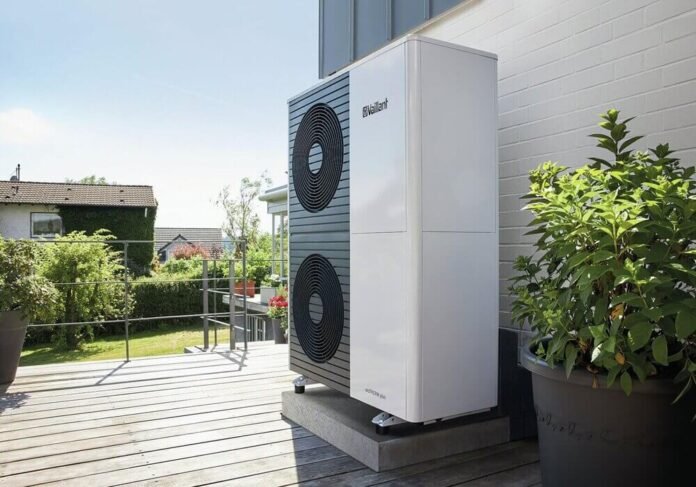It is critical to educate yourself about the benefits and drawbacks of heat pumps before making a purchase choice. Heat pumps provide a number of benefits that make them a good investment for homeowners, but they also have some disadvantages to consider. In order to assist you make an educated decision and a prudent investment in this low-carbon heating technology, this article will go through each of these drawbacks in further depth below. Furthermore, many various websites, including but not limited to luft til vand varmepumpe and Amalo, can offer you with the greatest heat pumps. Nonetheless, below are some of the most significant disadvantages of heat pumps. Nevertheless, here are the disadvantages of installing heat pumps.
The radiators will need replacing
Table of Contents
If you’re replacing your boiler with a heat pump, you’ll need to replace the radiators. Indeed, it runs at a lower temperature and has bigger exchange surfaces. However, in the event of existing central heating, replacing a boiler with a heat pump is not recommended.
When the temperature gets chilly, the yield drops.
To be more specific, the ‘performance coefficient’ is deteriorating. On average, one kWh of power is consumed for every three kilo watt of heat generated. The heat pump must work harder and spend more energy as the temperature drops, in order to continue collecting heat from a cooler source. This is a truth of life that cannot be avoided. If the outside temperature is between +2°C and -7°C, the electricity usage will double. Heat pumps with an air exchanger are unable to work at temperatures below -20°C because the refrigerant they hold can no longer evaporate.
More hidden energy is utilized
Thermal power stations use around almost three times more as much basic fossil energy to generate the electricity needed for the heat pump. In this instance, electricity will pollute the environment more than gas or petrol. However, there are two advantages as well:
- The main idea of a heat pump is that it uses around thrice less energy than a boiler to create the same amount of heat. This compensates for the energy from the fossil fuels used to generate power to some extent.
- Solar, wind, and other renewable energy sources, as well as nuclear power, which does not emit CO2, are increasingly being used to generate electricity.
Installing a heat pump is costly
They are significantly more expensive than a gas installation. Nonetheless, unlike gas installations, incentives are available to help offset the cost of purchase. Even with these subsidies, the heat pump is still at least 20% more expensive.
Not appropriate for every home
If your home is inadequately insulated and you have a limited budget, start with insulation and put heat pumps on the back burner for the time being. As a result, even your ancient heating system will provide you with some joy by utilising less energy. And the money you save will go toward a heat pump installation down the road.


